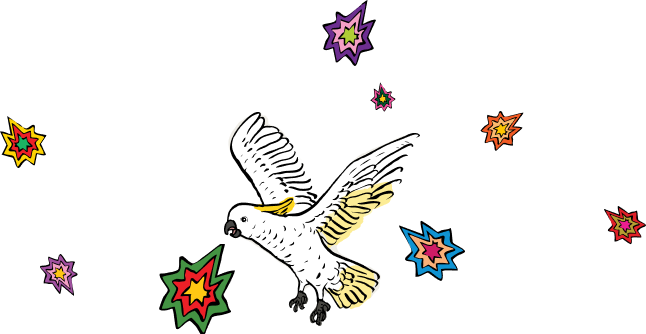Reviewed by: Stage Whispers
It’s been snowing for days, weeks – months? Two women push their way through the heavy front door of a South Australian public library, seeking shelter where a solitary man was sleeping. His name is Noah, this is his choice of a safe house – his Ark – and he is not happy to see them.
And so begins another climate change-induced apocalypse set in a not-too-distant future. Writer Thomas Liddell has created a small drama with a massive context – and he focuses on the people impacted by our societal inaction that has brought them together.
Gianluca Noble is Noah, the quiet, solitary, unemotional man who seems well-prepared and apparently quite happy to see out the storm alone. Catherine Carter’s Nan has dementia, so slides in and out of the present and her past, with her ever-patient daughter, Eve (Maya Carey), taking care of her. The barely-conversing group is completed with Caitlin Hendrey’s Emma, suspicious and insecure, even after the others look after her.
Liddell has crafted distinct characters, each with their own quirks, but with the common characteristics of loss of family, and an inability to communicate beyond fact. Nan is the best of the lot, quickly getting to the point when she is lucid in the present day, but confused and aggressive when she no longer recognises the people around her. The others struggle to find any emotion – there are cracks of it when there is momentary calm beneath the huge stress of the never-ending snowstorm, yet when horrible extremes occur, they seem to absorb those terrible emotions without needing an outward release.
Setting this in a public library allows the resources of books to be characters themselves – there’s an excellent argument on the value of words, and writing is drawn into the narrative as essential for entertainment, escapism, and education. The biblical references through the play’s title and character names do extend cleverly into the story.
It’s a little misleading to call this play ‘immersive’, as that is true only in the sense that the performance space is so small, the front row must move their legs to allow the actors to pass, though the traverse staging does create an intimacy where you’re close to the action.
Whilst the characters are initially well-drawn, the play doesn’t give them much opportunity to grow or change – except for Noah, who flowers into someone entirely different from what is shown in the opening scene.
Liddell has given these people some cracking dialogue – it’s smart, relatable and says enough to allow the audience to draw it together. This is more a tale of survival than a sermon on climate change, yet this is a story that feels that it has more to say, and has room to grow.




